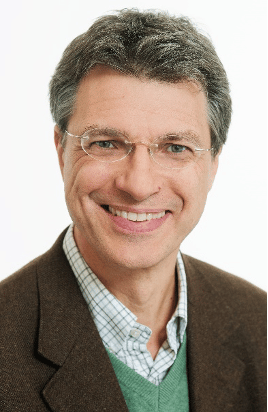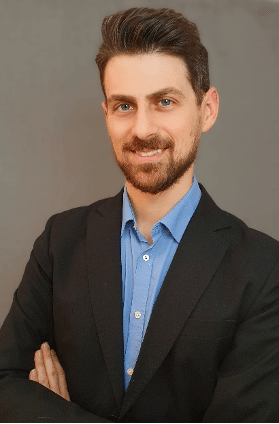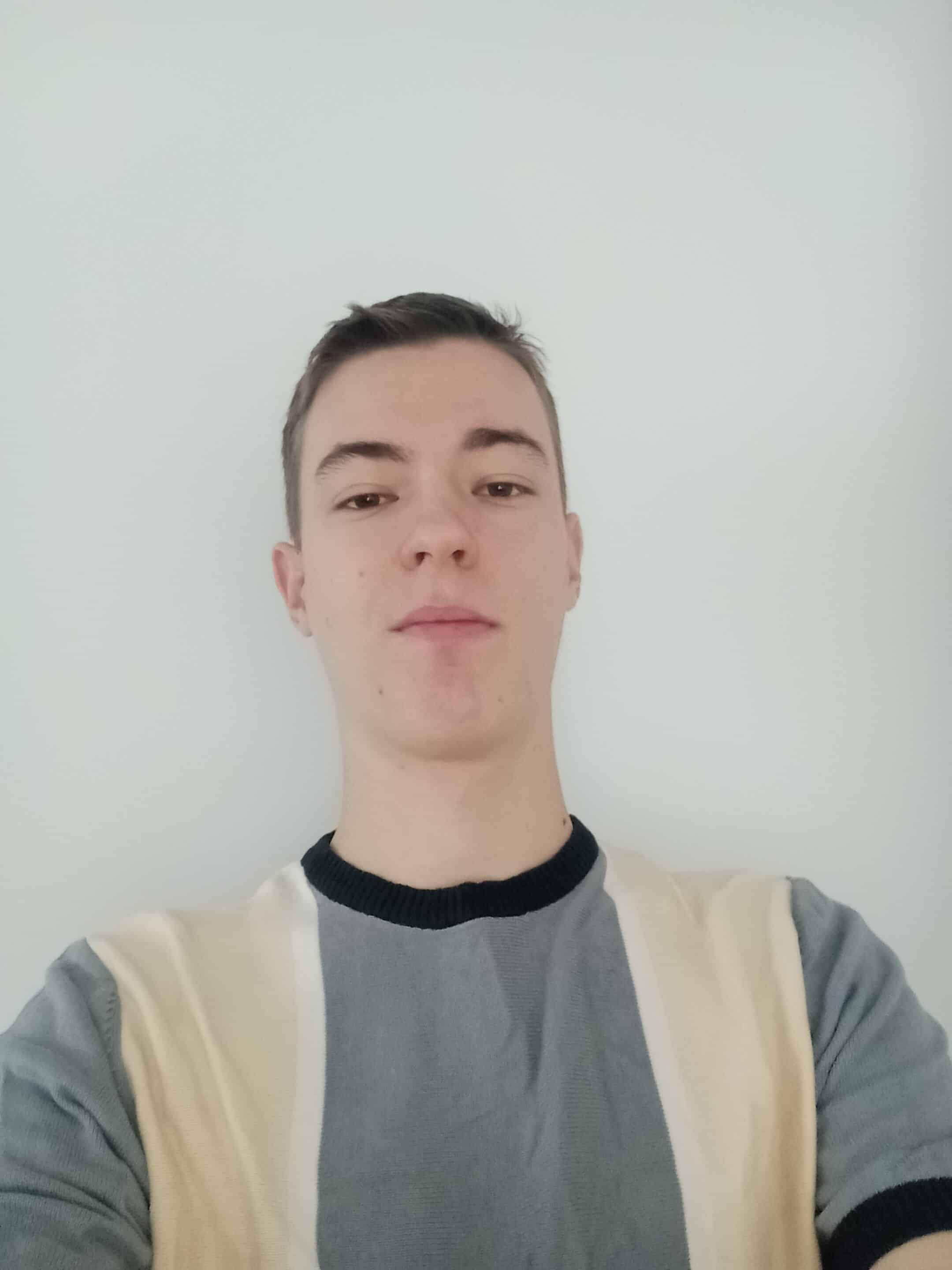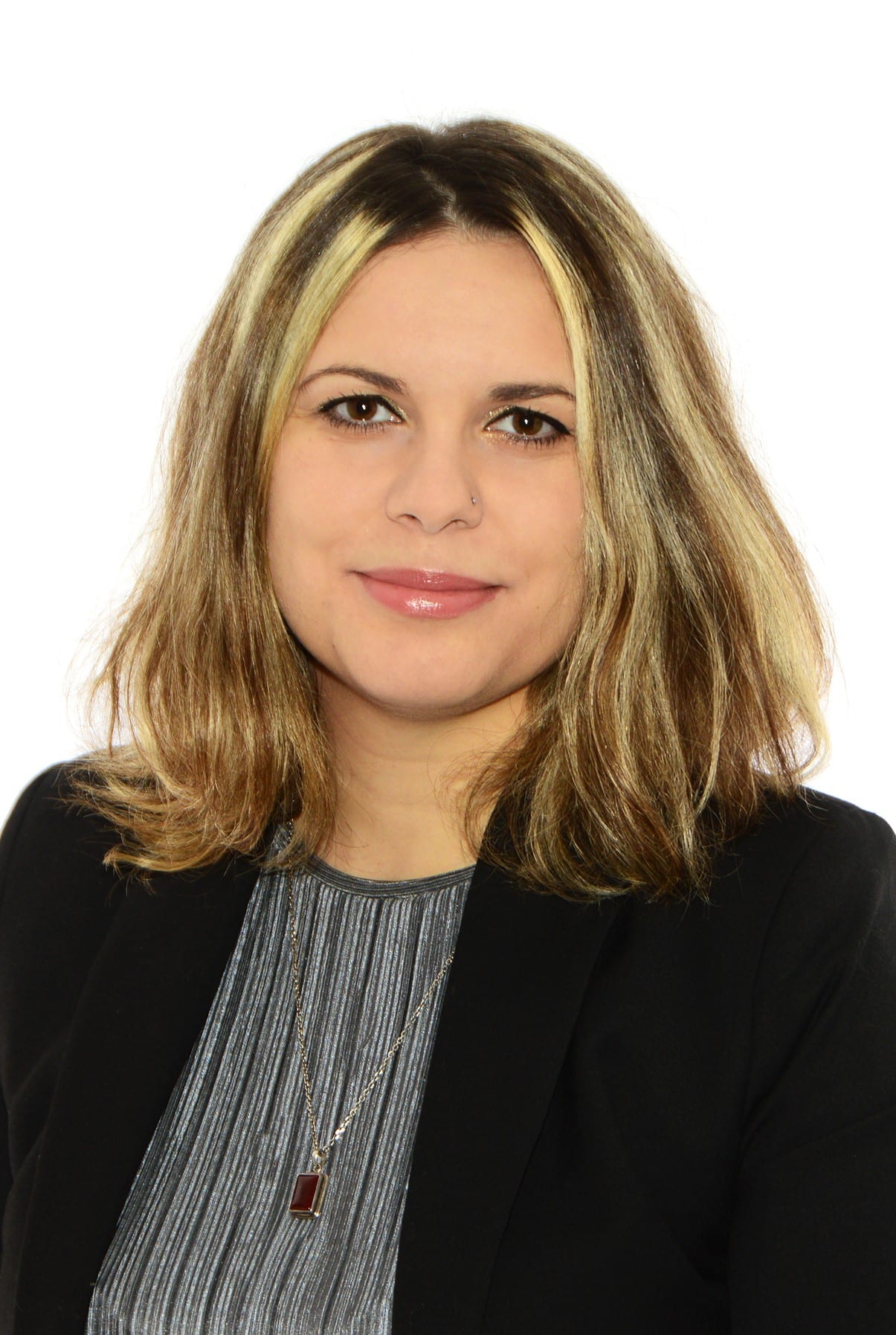University of Vienna, Austria (UNIVIE)
The University of Vienna (UNIVIE) is the largest university in Austria with approx. 92.000 students enrolled in more than 180 undergraduate, graduate and postgraduate programs in 15 Faculties employing some 6900 academic staff. The Department of Sociology at UNIVIE is a dynamic Institute providing higher education – undergraduate (B.A.) and graduate (M.A. and doctoral) programs –undertaking also research in the area of Social Sciences broadly conceived from work/organization and gender to migration/life course and inequalities, from urban studies, media and education to culture and media. It has a particularly broad spectrum of methodological and scientific approaches, from large quantitative surveys to more qualitative oriented ethnographic work, including mixed methods. Among the research projects recently conducted are the EU-funded projects: GOETE Project (FP 7, 2010-2013, see: www.goete.eu), YOUNG ADULLLT (Horizon 2020, 2016-2019, see: www.young-adulllt.eu), COHSMO (Horizon 2020, 2017-2021, see: https://www.cohsmo.aau.dk/) and MUNEX (JPI-Urban Europe, 2022-2025, see: https://bit.ly/3Lpwdxb). All four international projects are/were concerned with generating new knowledge and improving the link between education, social policy, urban democracy and society by comparative research.
Key-Players

Dr. Yuri Kazepov is a professor of International Urban Sociology and Compared Welfare Systems at the University of Vienna (Austria) from March 2015. Previously he has been teaching at the University of Urbino (Italy). He has been Jean Monet Fellow at the European University Institute (1995-96) visiting professor at the University of Bremen, Lund, Växjö, Leuven and ARC distinguished fellow at the Graduate Center CUNY. He is a founding member of the Network for European Social Policy Analysis (ESPAnet) and the past president of RC21, the Research Committee on Urban and Regional development of the International Sociological Association. His fields of interest are urban governance, citizenship and urban quality of life, social and educational policies in comparative perspective. On these issues he has been carrying out comparative research and evaluation activities for the European Commission (DG Research, DG Culture, DG Employment) and many National Agencies (NWO, Nicis, FTSE, CNR). He has been international coordinator of the following EU projects: EUREX (Minerva) the E-Urbs (Virtual Campus) and SEFIRA projects and the national partner of the following projects URBEX (FP4), GOETE, IMPROVE, INSPIRES, YOUNG ADULLLT, COHSMO. He was organiser of the 20th Anniversary ESPAnet Conference in Vienna. Website: https://bit.ly/3DEnGo7

Dr. Ruggero Cefalo PhD is a Post Doc Researcher at the Department of Sociology, University of Vienna. His main research interests include the analysis of skills formation and school-to-work transition systems (institutional configurations and policies, outputs and outcomes), social policies in comparative perspective, multilevel governance, territorial cohesion and spatial disparities, and the integration of young people in the labour market at various territorial levels. He was organiser of the 20th Anniversary ESPAnet Conference in Vienna. Website: https://bit.ly/3xCxgnx
Nikoletta Jablonczay is a pre-doc at the Department of Sociology in the CLEAR project. Her academic credentials include a Bachelor’s Degree in Sociology at the Eötvös Loránd University, Budapest, with specialisation in social history, and a Master’s Degree in International Development at the University of Vienna, with specialisation in sociology of labour markets, and regional development. She is currently enrolled in the Master’s Program Digital Humanities at the University of Vienna, with focus on Data Analysis and Natural Language Processing Techniques. Website: https://ufind.univie.ac.at/de/person.html?id=100477


Niklas Pernhaupt (no gendered pronouns/he/him) is a predoctoral researcher at the Department of Sociology, University of Vienna. NP’s research interests include cognitive cultural sociology, Pragmatist sociology, sociology of education, imagination and democracy in (post-)digital times, and precariousness.
Contribution to the Project
The UNIVIE team will participate in all phases of CLEAR and coordinate WP3 as leading team. The UNIVIE team brings together experience and expertise from several EU, international and national projects on themes that are relevant for the CLEAR project: experience in EU research activities, project management as well as expertise with regard to social policies, urban policies, educational governance and education policy, school-to-work transitions, lifelong learning.

